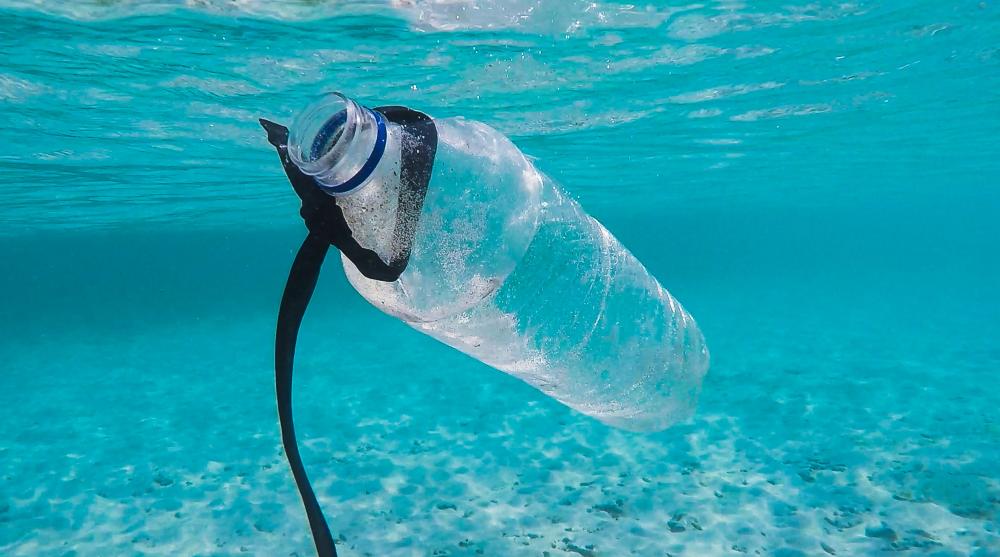This week in “Huh, that’s kinda obvious now that I think of it but now there’s a study that proves that it’s actually way worse than we ever thought” … researchers recorded the highest concentration on micro-plastic currently measured in any deep-sea setting. And their measurement doesn’t account for the plastics particles that have degraded beyond being able to be identified.
You probably know about the giant floating Great Pacific Garbage Patch. But not all Plastic floats. Human activity is creating garbage patches on the ocean floor, too. Specifically micro-plastics. Specifically in biodiversity hotspots.
In fact, about 70% of marine debris sinks to the bottom of the ocean and only around 1% floats on the surface.
The overwhelming majority of marine life lives in these biodiversity hotspots that are already being threatened by over-fishing, mass-bleaching events, and other human activity. And now they’re being filled with micro-plastics. 70% percent of Earth’s oxygen production happens in our oceans and research is pointing that it has already declined by 40% since 1950 due to human-caused ocean warming. We need healthy oceans.

